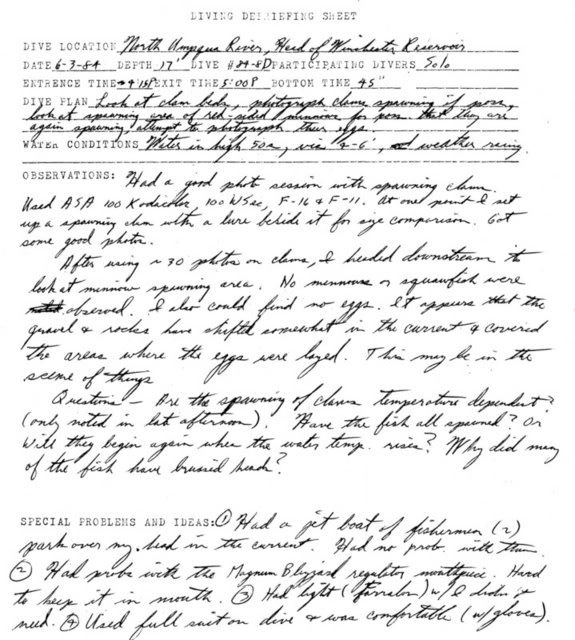I was at this conference and it was fantastic. We actually had a really good (and lengthy) discussion about this conference in this forum in mid-2010. I'm going to throw in some quick comments on a number of the posts that follow (and I think they'll all get lumped together) but this was my big takeway and what I consider to be the most significant stat from the conference:
Of the 947 fatalities, the trigger (incident that got the ball rolling) was identified in 350 cases.
Of those 350, 41% of the time, the trigger was running out of air.
What I think the takeaway is, is that running out of air is far more dangerous than we teach and that IF you run out of air, you have significantly increased the chances of dying on that particular dive.
- Ken
---------- Post added February 14th, 2013 at 05:52 PM ----------
I realize that the number of dives over the period is a calculated guess, but 20 million dives a year seems very high.
Not really. Assume (as DEMA does) that you have 2 million active divers in the US & Canada. Assume they make ONE vacation trip per year, doing 2 dives per day for 5 days for a total of 10 dives. That's 20 million dives. And that's just US & Canada, diving here or abroad.
---------- Post added February 14th, 2013 at 06:03 PM ----------
1 million active divers in the US? I question that estimate.
The estimate is actually 2 million active US & Canada. US populaton 315 million, Canada 35 million = 350 million. 2 million active divers works out to about 0.6% of the total population. Sounds about right to me (and shows what a small sport we are). Futher, it's estimated by DEMA that 8 million people have either gotten certified or tried scuba (resort course) as far back as they can track stuff.
Participation stats for perspective (US):
Active golfers - 30 million
Tennis players - 23 million
Quilters - 21 million
---------- Post added February 14th, 2013 at 06:07 PM ----------
The side that is the most misleading is the ten years or more certified. Because it does not differentiate between divers with ten years or more with a card and 100 dives (vacation divers with skill deficiencies) or 2000 dives.
The other thing it doesn't deal with is something we see a lot nowadays: Someone got certified when they were 20, met another diver and got married, dove together for a few years, had kids and stopped diving, but re-entered the sport after a 20-year pause because now the kids are grown and they have time/money again. They may have tons of dives and been certified a long time, but there's a gap in terms of recent dives.
---------- Post added February 14th, 2013 at 06:15 PM ----------
I think it is extremely rare for running out of air to be the cause of death, in cases where the diver ran out of air, the cause was most likely not monitoring their air consumption during the dive and maintaining an adequate reserve.
Technically, cause of death will be something like drowning because the phrase "Cause of Death" really means "what was the mechanism of death"? The is what's great about the DAN 4-step method of analysis with (1) trigger, (2) disabling event, (3) disabling injury, (4) cause of death. Running out of air is the trigger, which causes panic & rapid ascent (disabling event), which causes embolsim (disabling injury), which cause drowning (mechanism of death).
But you're really splitting hairs IMHO. Then en result of not monitoring air (which would include having a reserve) IS running out of air. To me its like saying, "I didn't run out of gas. I simply had an absence of fuel."




